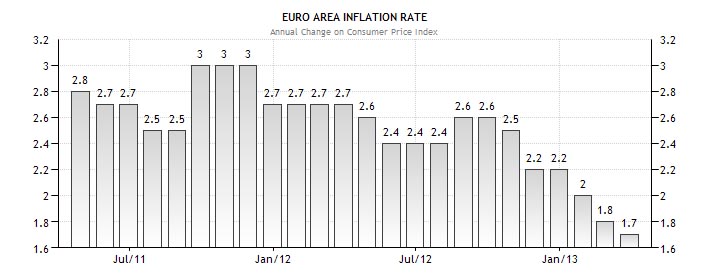Wall Street brokerage Goldman Sachs today projected an ‘above-consensus’ growth of 6.4 per cent for the current fiscal on factors like the upcoming general elections which, it said, will increase government spending, lower interest rates and lead to action on the policy front.
“We reiterate our above-consensus GDP growth forecast of 6.4 per cent. The key to an improvement in activity is a pickup in the investment cycle,” it said in a report. It said higher government capex coupled with falling rates and policy reforms to ease bottlenecks and manufacturing export growth will drive investments during the ongoing fiscal.
Yesterday, the UN pegged the calendar 2013 growth at 6.4 per cent, while the ADB last projected that the domestic economy would reach 6 per cent in the current fiscal. In the budget, the government had pegged growth at between 6.1 and 6.7 per cent. Rating agency Crisil had lowered its FY14 growth estimate to 6 per cent from the earlier 6.4 per cent earlier this week.
Official estimates suggest the economy might have expanded 5 per cent in the recently concluded fiscal, the lowest in ten years. “The year before the elections is generally associated with increased government spending. Indeed, government spending (as a percentage of GDP) has increased the year before the elections, in each of the last four general elections,” it said.
While stating this also increased the possibility of a higher fiscal deficit, it called it a “positive stimulus to the economy.”
Crisil had cast doubts whether the government will be able to achieve its stated objective of reigning-in fiscal deficit at 4.8 per cent. Among other reasons cited include the expected lowering of interest rates by the RBI, besides a drive on the policy front to expedite projects.
“Ongoing policy reforms to bottleneck infrastructure and other investments, particularly, the Cabinet Committee on Investments can help,” the Goldman Sachs report said. Additionally, other factors like the improvement in the global economic climate will also act as a “tailwind,” Goldman said.
The report pointed out to data displaying some “green shoots” like that on the index of industrial production, exports, and non-food credit.




